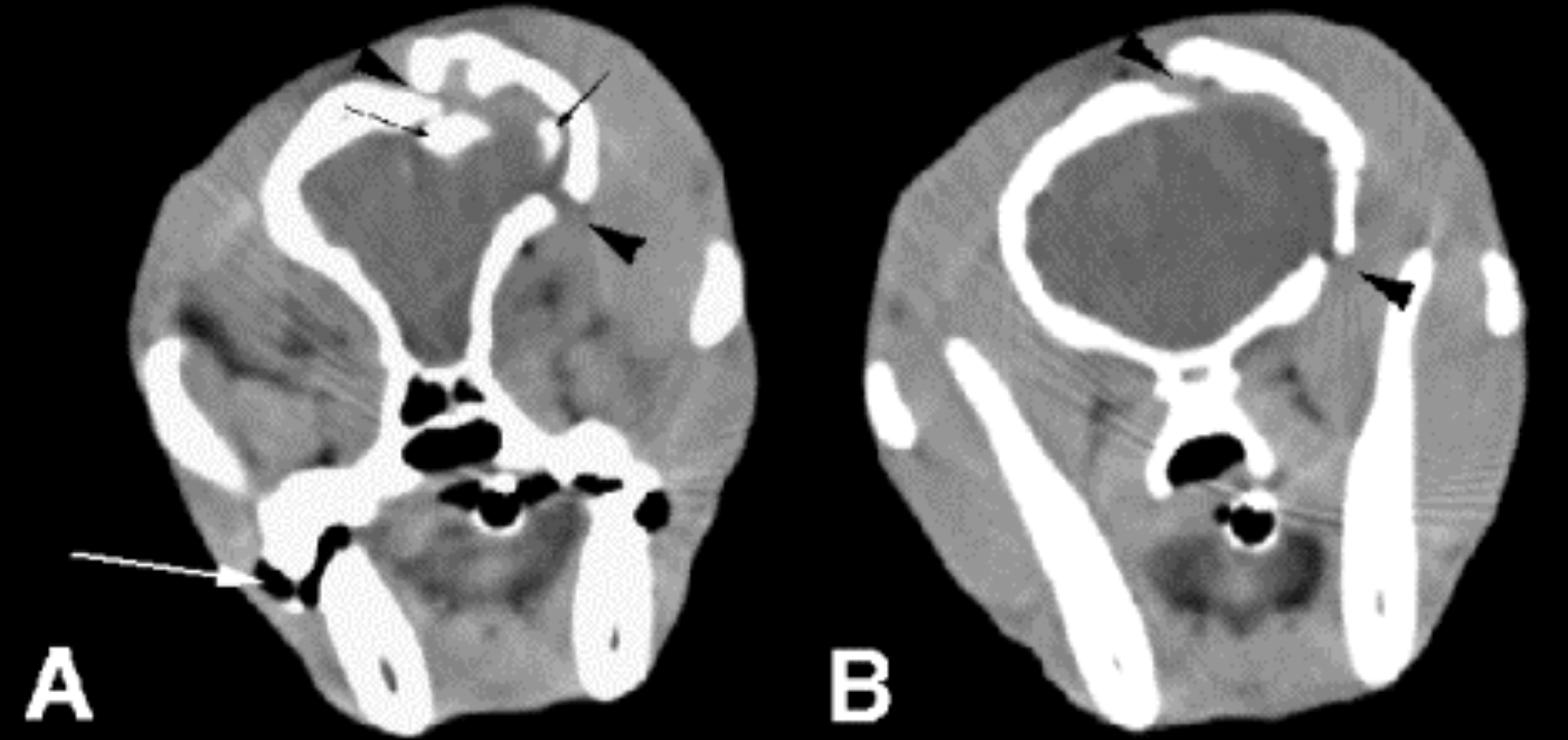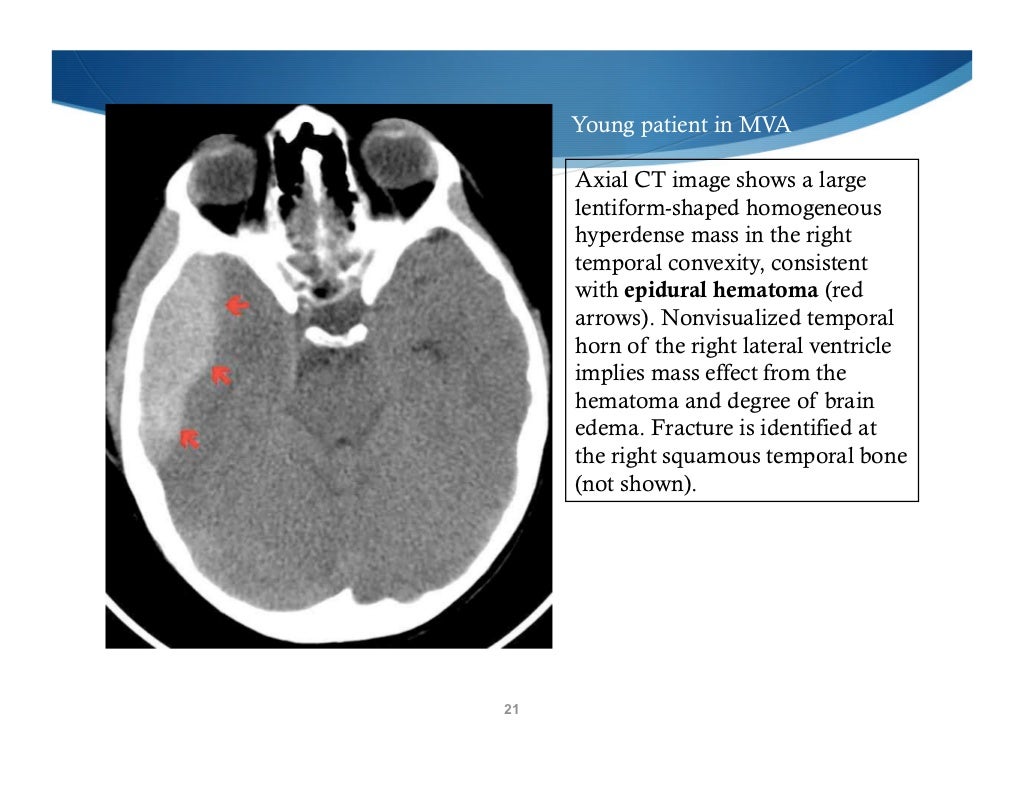

Many of the symptoms that can result from a TBI are the same as the symptoms of PTSD. In the heat of events the injury may be ignored. TBI can occur in confused times of crisis, such as combat. You may go to the doctor some time later when details of the injury are not as clear. Sometimes right after the injury the effects are so brief that they are not noticed. Details of the trauma may be hard to pin down.

It means that you should be assessed further.ĭiagnosing a TBI is hard because there may not be any physical signs of injury. Even if your TBI screen is positive, that does not mean that you have a TBI. No matter how mild or severe the injury itself was, the effects could be serious.Īlthough TBI screens are used, a screen is not used to diagnose TBI.People with TBI should not use some medications.In addition, many people who get a TBI also develop PTSD. Because TBI is caused by trauma and there is symptom overlap, it can be hard to tell what the underlying problem is. You may notice that many of the symptoms that follow a TBI overlap with the common reactions after trauma ( en Español). Do I Have the Symptoms that Follow a TBI or PTSD - or Both? More serious symptoms include severe forms of those listed above, decreased response to standard treatments, and seizures. These symptoms are to be expected and are not a cause for concern or worry. They are not signs of lasting brain damage. These symptoms are part of the normal process of getting better. Anxiety (fear, worry, or feeling nervous).Poor judgment and acting without thinking.In the days, weeks, and months following a TBI the most common symptoms are: Physical PCS makes it hard to work, get along at home, or relax. Few people will have all of the symptoms, but even one or two of the symptoms can be unpleasant. Symptoms that result from TBI are known as post-concussion syndrome (PCS). What Are the Common Symptoms Following a TBI? If you were knocked out for more than 30 minutes but less than six hours, your TBI was most likely moderate. If you weren't knocked out at all or if you were out for less than 30 minutes, your TBI was most likely minor or mild. The length of time that a person is unconscious (knocked out) is one way to measure how severe the injury was. Even patients with moderate or severe TBI can make remarkable recoveries. Most people who have a mTBI will be back to normal by three months without any special treatment. Like bruises on other parts of the body, for mild injuries these will heal with time.Ībout 80% of all TBI's in civilians are mild (mTBI). Bruises can form where the brain hits the skull. This damage can cause bleeding between the brain and skull. For example, when a person suffers whiplash, the brain may be shaken within the skull. They do not tell you what symptoms you may have or how severe the symptoms will be.Ī TBI can occur even when there is no direct contact to the head. These terms tell you the nature of the injury itself. How Serious Is My Injury?Ī TBI is basically the same thing as a concussion. Actually, a TBI is the injury, not the symptoms. Often when people refer to TBI, they are mistakenly talking about the symptoms that occur following a TBI. Brain injury often occurs during some type of trauma, such as an accident, blast, or a fall. TBI occurs from a sudden blow or jolt to the head.
#Head trauma how to
Learn about the overlap in PTSD and TBI symptoms and how to cope. Brain injury often results from a trauma, like an accident, blast or fall. Traumatic brain injury (TBI) occurs from a sudden blow or jolt to the head.
#Head trauma software


 0 kommentar(er)
0 kommentar(er)
